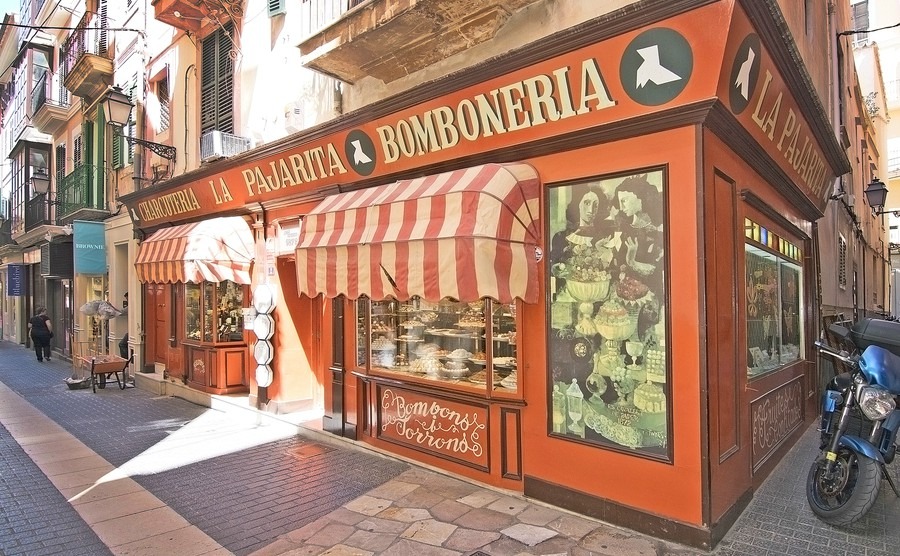A proposed new law limiting tourist rentals in Mallorca, Menorca and Ibiza could be good news for foreigners looking to make a long-term home in the Mediterranean’s best islands.
Property owners in the Balearic Islands face new laws on renting out their properties to tourists. The new law is intended to address the problem whereby local workers cannot compete with the prices being charged to tourists, and are being forced to live further and further away from their places of work, if they can find accommodation at all. It could be good news for British buyers too, however, with more affordable property coming onto the market and the option for long-term rental while you choose your permanent home.
Find homes in Spain via our property portal.
The local regional government, made up of several left wing parties, has decided that affordable housing must now be of utmost importance, since many of the islanders who work in the tourist industry on which the islands depend, cannot afford to live there. They feel that the way to do this is to restrict holiday rentals in the four islands of Majorca, Menorca, Formentera and Ibiza.
It could be good news for British buyers too, however, with more affordable property coming onto the market.
The restrictions would be quite severe, but if a home owner complies with all the elements required, then he or she can rent out to tourists. Here is a guide to the proposals:
1. Apartment owners will need to get the permission of the owner’s Community before they will receive a tourist rental licence.
2. Short-term holiday rentals will be confined to certain designated tourist areas.
3. No licences will be given to properties which are less than 10 years old.

The streets of Palma: no tourist rentals allowed? (Artesia Wells / Shutterstock, Inc)
4. Each of the four islands will have a fixed number of properties available to rent. Once that number is reached, there will be no new licences granted. However, licences could be bought or sold.
5. All licences will need to be renew every five years
6. The current maximum penalty threshold will be increased to €40,000. (It is €20,000).
7. Properties located on protected rural land will no longer receive licences.
What will this mean for property owners?
It seems that you will be able to rent out your property providing you do not offer any kind of tourist service, such as cleaning or babysitting, and you comply with each of the proposed requirements. Licences will be granted under these conditions. It does mean that a large number of holiday lets could suddenly become illegal, but this is nothing new in the Balearics or indeed on the Spanish mainland.
Tourism is the backbone of the islands’ economy and the industry needs workers to give what tourists demand.
The Spanish Tax Authority, Hacienda, is using drones to discover illegal building works, perhaps they will also be checking on income declared by property owners who fail to have a tourist letting licence and are found to be renting out to tourists.
Draconian as these measures may seem, the authorities claim they are essential for the good of the islands and their inhabitants. They seem to have a point: tourism is the backbone of the islands’ economy and the industry needs workers to give what tourists demand. No doubt the hotel lobby is rubbing its hands with glee.

The Spain Buying Guide is a free, independent resource to help anyone who is looking to buy property in or move to Spain through each critical stage of their property buying journey.
Set up to help our readers avoid the many complexities and pitfalls of buying property in Spain, the guide takes you through each stage of the property buying process, with practical recommendations from our experts who have been through the process themselves.










